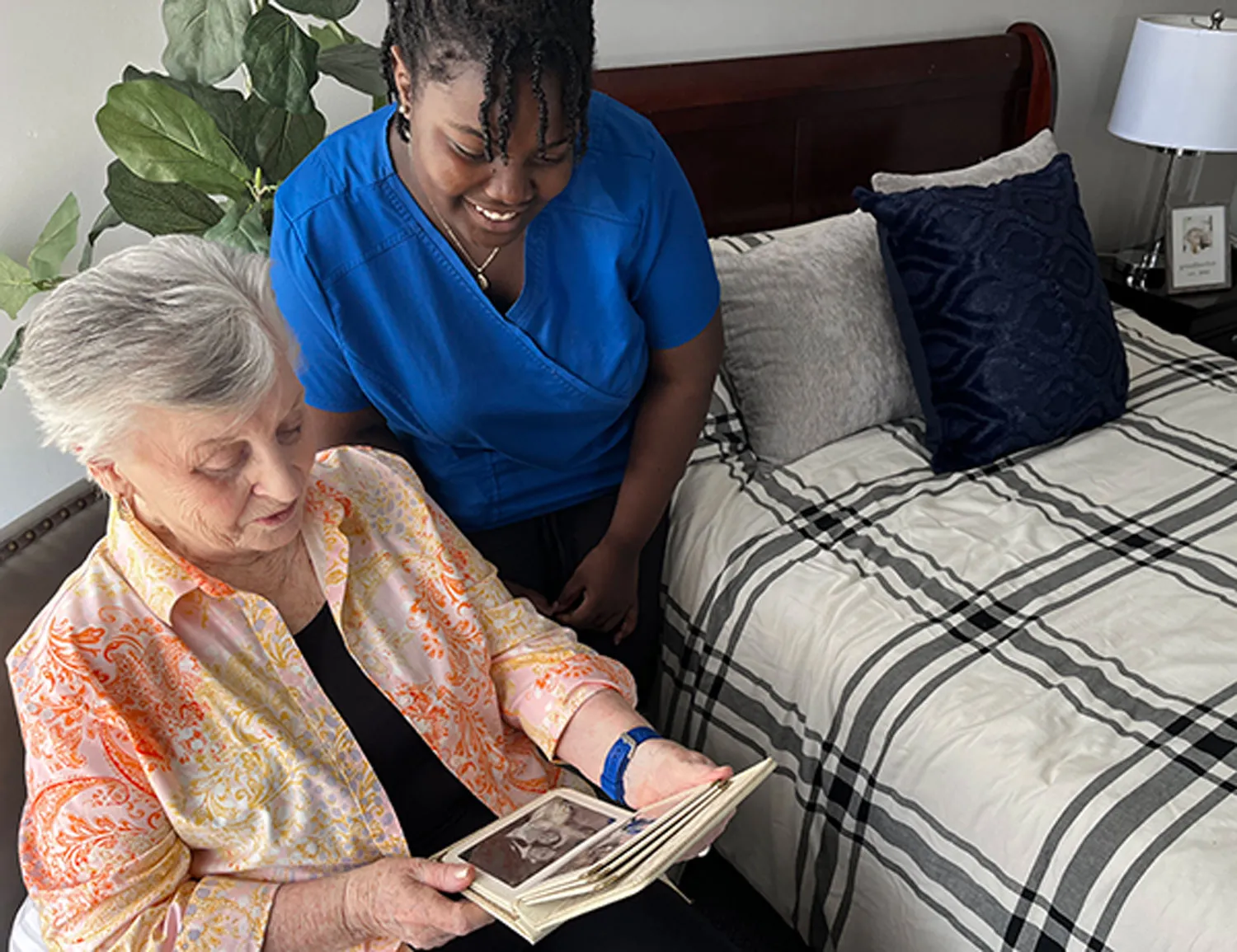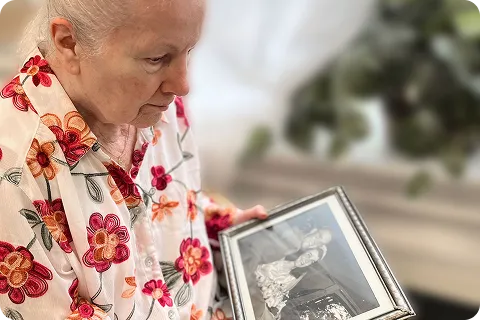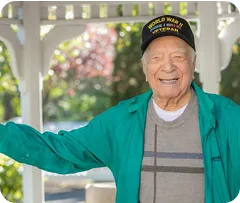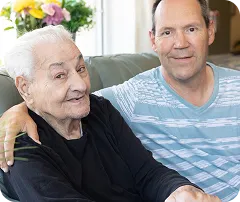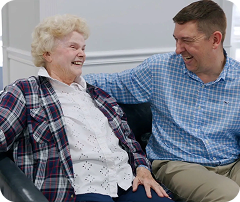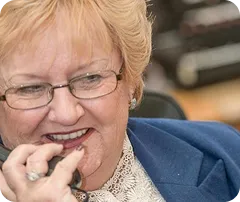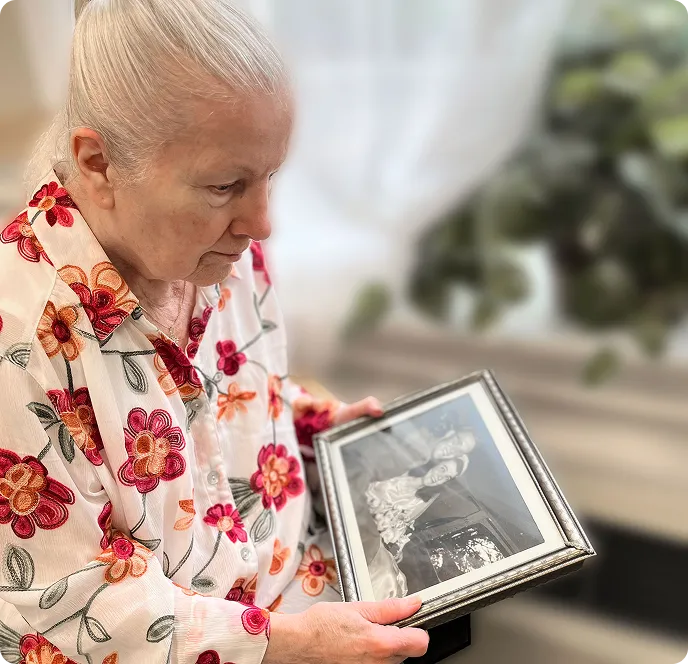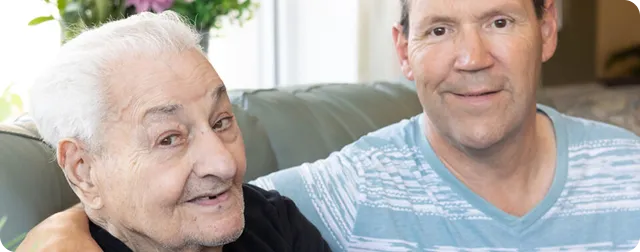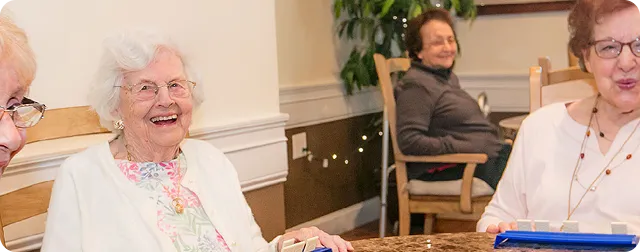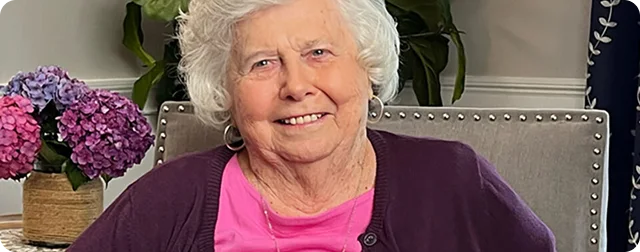(631) 778-7747
Planning: It’s Not too Late…Yet!
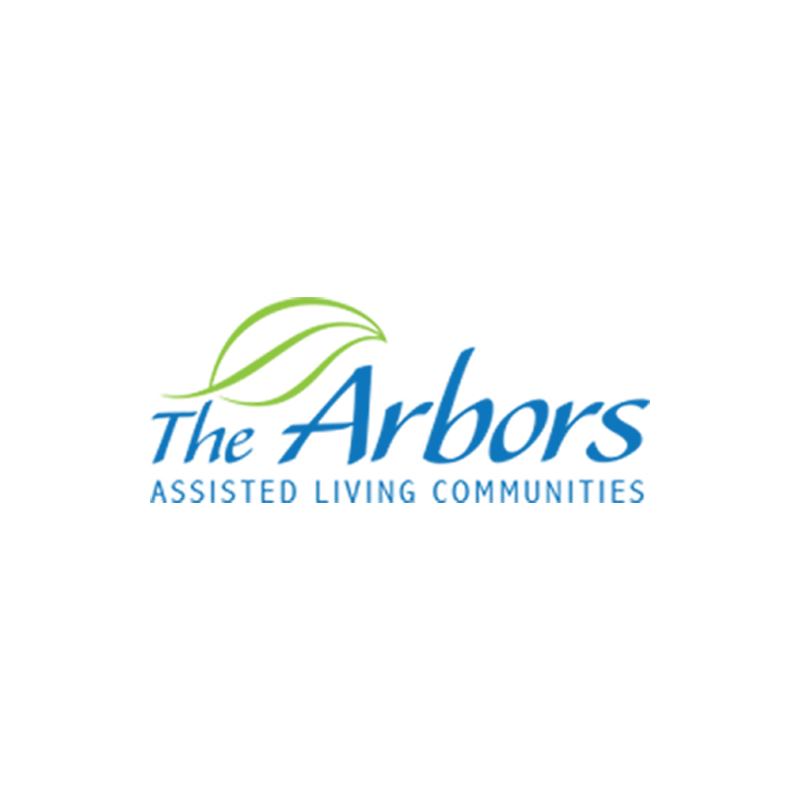
Planning: It’s Not too Late…Yet!
June 28, 2013
By Robert D’Angelillo, Esq.
As an attorney who focuses his practice in Elder Law, I often hear people say they thought about doing some planning but never got around to it. I frequently respond that there is no time like the present.
While many people have a Last Will and Testament that gives directions following your death, a large majority don’t have a plan in place if they need assistance before they pass away. Very often people become incapacitated, temporarily or permanently, and cannot handle their affairs without assistance from someone close to them. When this happens, without a good plan in place, it is almost always a bad result.
So, at this point, you must be thinking, “What is this plan you keep talking about?” A basic plan, which almost everyone with assets or a family should have, consists of a Last Will and Testament, a General Durable Power of Attorney, a Health Care Proxy and Living Will. Some people may need additional elements but more about that later.
The Power of Attorney (POA) is one of the most important parts of a good plan. Without a Will, New York State law has a plan for how your assets are distributed upon your death. Without a Health Care Proxy and Living Will, there are provisions in the law regarding who makes health care decisions for you if you are unable to make them yourself. But if a person becomes incapacitated and unable to make decisions, without a good POA, you may need to do a Guardianship Proceeding to appoint someone to handle your affairs for you. A Guardianship is time consuming, involves at least one court proceeding, is very costly and may result in a person being appointed who you would not have selected! Having a good POA in place eliminates the need for a Guardianship. When putting together your plan, you should consult with an experienced elder law attorney to make sure the POA you need goes beyond the standard New York form. Using the standard form may leave gaps that could still require a Guardianship.
While the POA gives your agent the ability to handle financial and personal affairs, it does not give them the authority to make health care decisions. For this you need a Health Care Proxy and Living Will. Simply put, the Health Care Proxy gives your agent the ability to make medical decisions in the event you are unable to make them yourself. This is done in accordance with your wishes which should be made known to your agent. This includes everything from deciding on medicine A versus medicine B to life ending decisions. The Living Will is more specific in that it expresses your desire with respect to artificial nutrition and hydration when you suffer substantial and irreversible loss of mental capacity, what some people refer to as a persistent vegetative state. This allows you to make sure your specific wishes are communicated to the health care professionals.
Those three documents are essential components of a good plan to make sure things go smoothly if you become incapacitated. The fourth component is a good Last Will and Testament. A properly drafted Last Will and Testament will make sure that upon your death your assets pass to the people you choose and preserve them against possible contingencies.
Finally, once you have the basic plan in place, seniors should also plan to protect their assets against the possible costs of long term care. This is often called Medicaid Planning and could take many forms. Many people do not realize that if care in a skilled nursing facility is needed, the average cost on Long Island is about $15,000 per month! Since the average stay in a nursing home is almost 2 ½ years, this could cost you $450,000 of your assets!
Medicaid planning is different for each individual based on their income, assets, physical and mental health and family situations. Just because your friend or relative did something recommended for them doesn’t mean that is the right plan for you. A good elder law attorney can protect the bulk of someone’s assets if planning is done early and even save some of the assets in a crisis situation. The earlier you plan, the better your chances are that your assets can be preserved while your long-term care is paid.
If you are more confused than when you started reading, here is the message: Anyone who is married, has children or simply has assets that they want to protect and preserve needs a good plan. For seniors, this is even more important. If this describes you or your family members, ask yourself why you have not planned yet. You probably don’t have a good answer. Contact an experienced Elder Law attorney and put the plan in place.
Note: Rob D’Angelillo is an attorney with Lewis Johs Avallone Aviles, LLP, practicing extensively in the areas of Medicaid and Estate Planning, Asset Protection, Trusts, Wills and Estate Administration.
Recent News
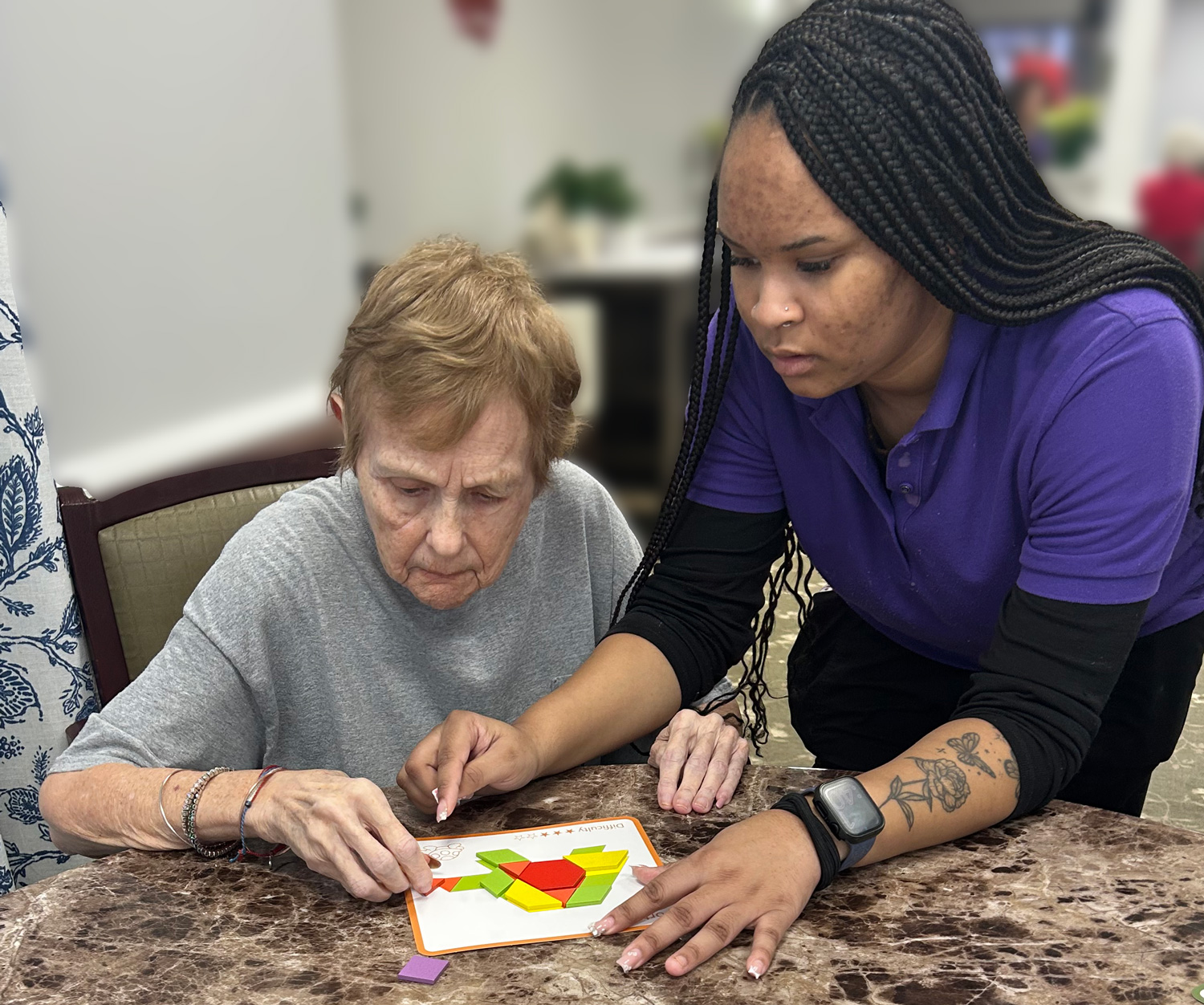
The Power of Touch
February 9, 2026

Winter Readiness for Caregivers: Do You Have a Plan?
January 6, 2026

Important Topics to Discuss With Local Assisted Living Centers
November 10, 2025

When It’s Time: Helping Your Parents Accept the Need for Assisted Living
October 15, 2025

How to Encourage an Aging Parent to Shower When They Refuse
July 2, 2025
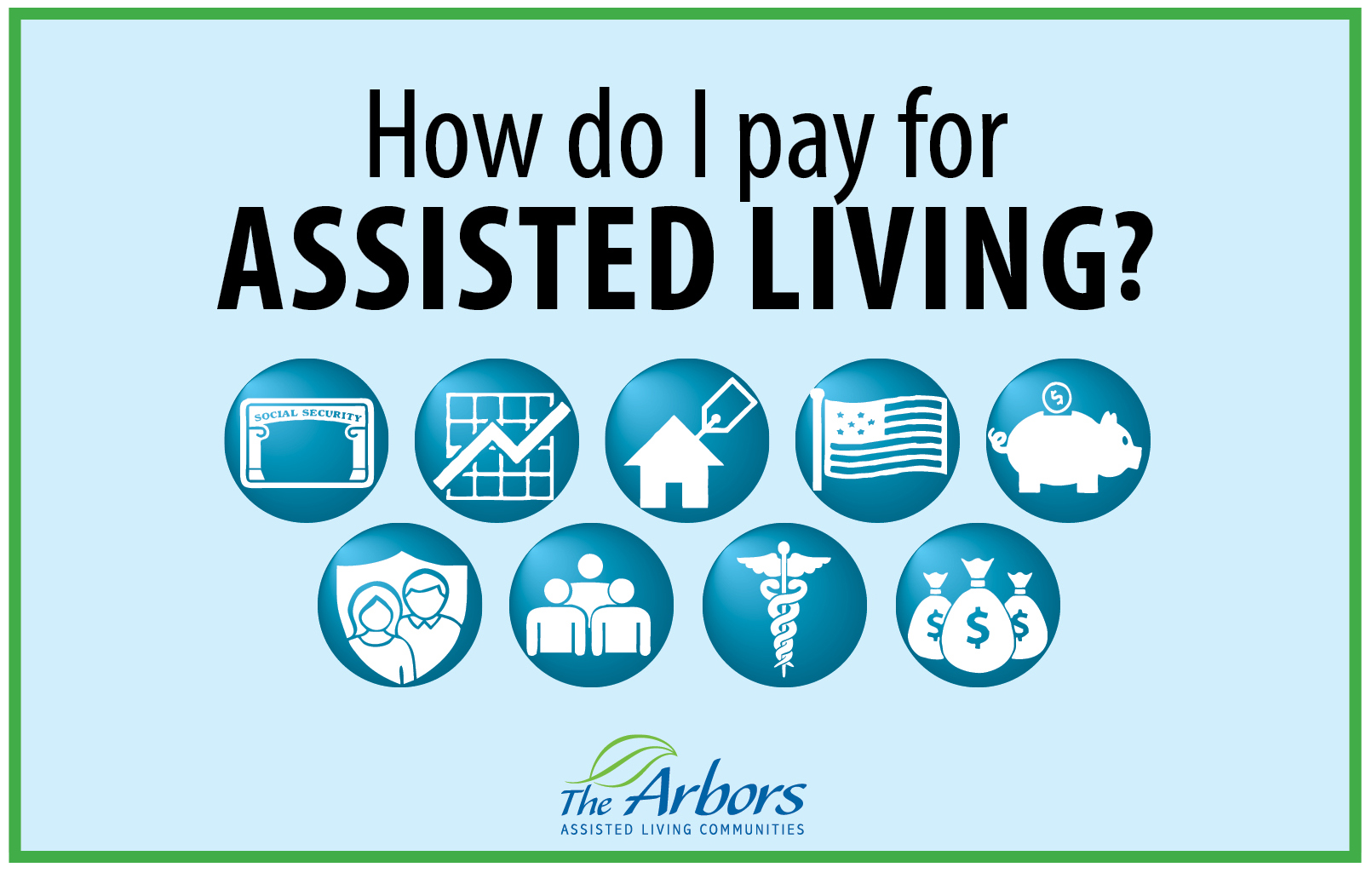
How Do I Pay for Assisted Living
June 6, 2025

3 Signs You Should Consider Assisted Living
May 15, 2025
GET IN TOUCH
Let’s Talk About Making The Arbors Your Home
REQUEST A VISIT
Schedule a Tour of our Long Island Assisted Living Communities



